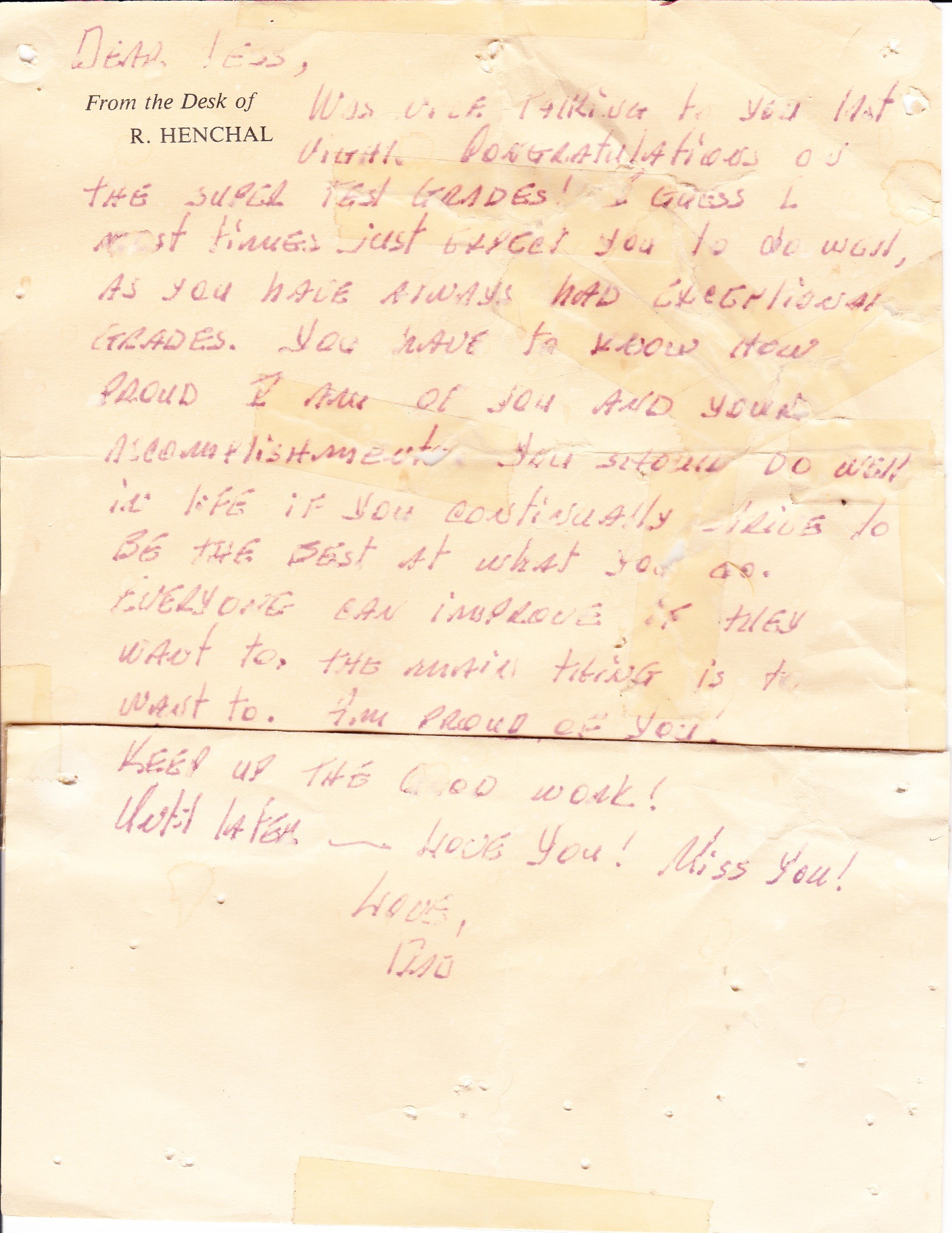Why is it that my sister hates me so much? For over 50 years, she has resented the fact that I even exist. Talk about a champion grudge-holder. I’m told my FOO considers me to be pretty good at it (projection much?) but I’m no match for this woman.
For starters, she doesn’t really know me at all — she and I only lived together for about a year, my first year. When she left for college in Chicago, she practically never came home again that I can remember, except for a few holidays. So it’s not likely that we had a difficult history, or clash of personalities. If I somehow did something to annoy her, well, I would have been less than 5 years old at the time.
Later, it became clear to me that her dislike of me was well-established by the time I was college age. She and I rarely conversed, almost never wrote letters (I can think of exactly one of mine that she answered) and it was my husband who noted that she has to this day never once called me on the phone.
If she blames me for the whole stressful, traumatic year after I was born, I had zero to do with that, either. Bad things happened, but it’s not like I had any agency in them. Blame the adults! Blame our parents! Blame Mom for not having the hysterectomy, blame Dad for wanting sex, blame them both for not using birth control, blame Mom for failing to “accept children lovingly from God”, blame whoever for not hiring someone to take care of the younger kids — but for the love of Christ, don’t blame an innocent, helpless baby.
Blaming a baby for being born, and wrecking a family because of that, is truly vile, not to mention unhinged. I can understand our mentally ill mother doing that, because she couldn’t do any better — but my genius sister can and ought to do better than that.
Did I ruin “her” place as the only girl?
Or did I become Daddy’s favorite, a spot she secretly coveted?
Was she mad that I got the red hair?
All of those ideas just seem so freaking petty — probably because they ARE petty.
I can think of only two things that are “big enough”, that she might “reasonably” hold against me (“reasonable” in this case meaning by the standards of this dysfunctional FOO):
1) Holding me responsible for “what I did to Mom” by being born — in other words, because my birth pushed Mom over the cliff into full-blown post-partum depression — which becomes “I caused Mom’s mental illness”, and by extension the Divorce.
This might also include guilt at her not being able to “save” Mom — she was no longer able to cover up for Mom’s dysfunction, because not only did it get a lot worse after my birth, but now Dad was also home all the time, and then she left for college.
If I hadn’t been born, Mom wouldn’t have lost her marbles, Dad wouldn’t have been told things by Mom’s psychologist (“she hates your guts”), and my sister could have headed off to college with a clear conscience.
(I was told that Mom stood at the door and watched her leave, possibly crying, but as I recall it was described as Mom was feeling sorry for herself and the loss of her indentured servant, rather than that she was going to miss her older daughter.)
I feel like this is a fairly long chain of “logic” though, and it’s just not quite simple enough to drive a lifetime of irrational hatred. Which is why I lean towards something a little more specific:
2) Holding me responsible for her suicide attempt, and the blot on her otherwise pristine, holier-than-thou-by-a-long-shot soul. Suicide is a mortal sin, and I can easily imagine that my sister would be seriously pissed (not to mention terrified) about having one of those on her record.
Blame-shifting would be instant psychological relief. I made her do it, simple as that, not her fault at all.
Next, cue a lifetime of cultivating an “I’m a better Catholic than you’ll ever be” reputation beyond reproach, as insurance — a way to tell yourself that YOU couldn’t really have done that awful, sinful thing… unless, of course, some other EVEN MORE AWFUL PERSON (baby!!) MADE YOU DO IT.
If this were to be true, it’s one of the saddest things ever. Not only did she not get any help for this that I ever heard of — it would have probably been viewed with Old-Testament judginess, rather than New-Testament love & concern. Did no one stop to think for a minute that hey, if someone actually tried suicide — maybe things are REALLY REALLY BAD?? Maybe the adults involved are making terrible decisions under stress?
But probably the stigma of mental health issues — first Mom’s and then my sister’s — kept everything under wraps and within the family as much as possible.
It’s admittedly a lot of conjecture — but whatever it really was that my sister unfairly blames on me, effectively wrecked my family for me. I was always wrong, always the scapegoat, never in the club. My other siblings, and presumably her children, followed her lead.
I wish I could not care, as she does. But there’s some people I still miss.




